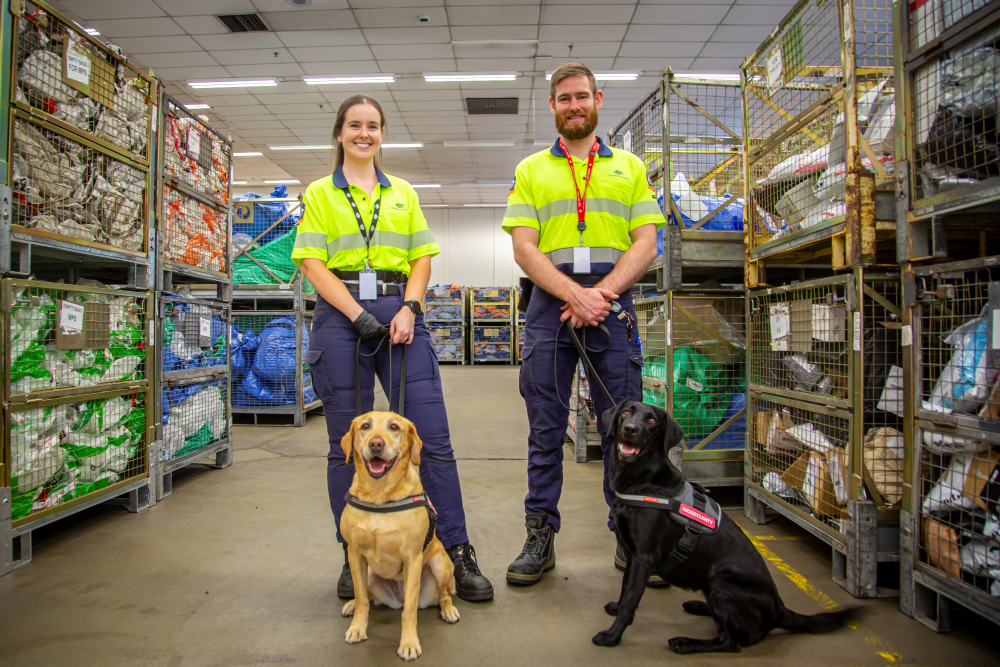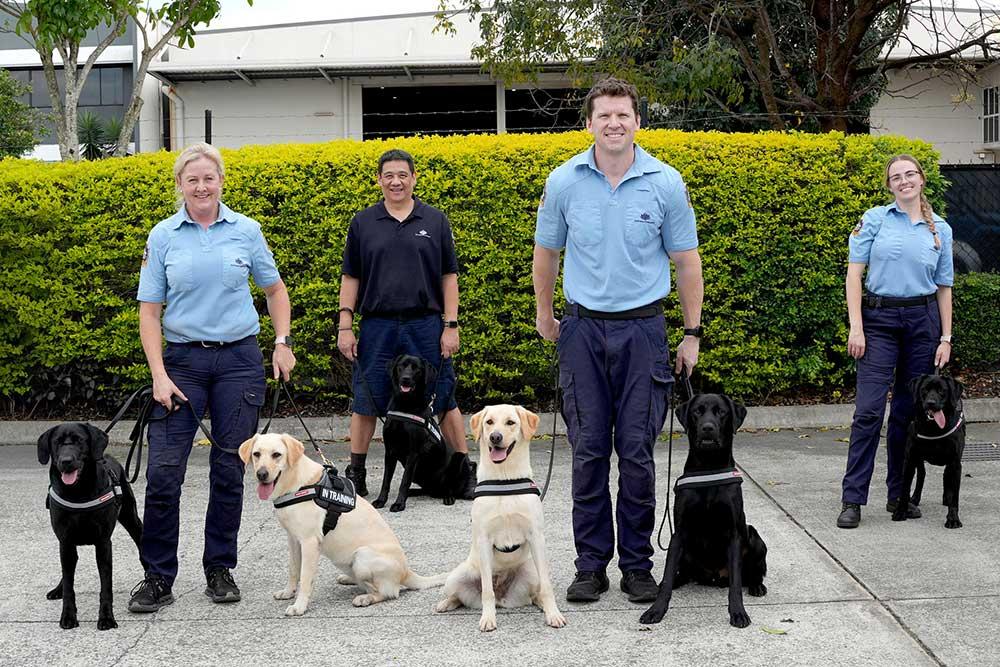Indigenous ranger groups are taking to the skies with drones, thanks to a series of hands-on operator workshops aimed at enhancing their capability to detect and manage ghost nets and marine debris in remote coastal regions.
Since July 2024, the department’s Indigenous Ranger Coastal Clean Up Project has been delivering tailored drone training and platform co-design workshops in collaboration with the Department of Climate Change, Energy, the Environment (DCCEEW).
Workshops have been held in Weipa and Mapoon in Queensland, and the Tiwi Islands in the Northern Territory, with further sessions planned across the Gulf of Carpentaria and Tiwi Islands in June 2025.
The workshops are designed to equip rangers with practical skills and tools to support their work on Country. Participants receive training in drone operation, data capture, and mapping, all tailored to the specific needs and landscapes of their local area. Rangers also provide input into the co-design of drone software platforms and artificial intelligence tools to ensure the technology meets their operational needs.
Specialists from DCCEEW’s Office of the Chief Remote Pilot are on hand to guide rangers through best practice workflows and support the integration of these drone capabilities into our Biosecurity Reporting Ranger App and Management System, helping to streamline data sharing and environmental reporting.
To date, 25 Indigenous rangers from 10 ranger groups have completed the training, with 12 more groups scheduled to participate in 2025. Feedback from participants has been overwhelmingly positive, with many keen to apply their new skills and technologies in the field.
Visit our website to find out more about the Indigenous Rangers Biosecurity Program.




